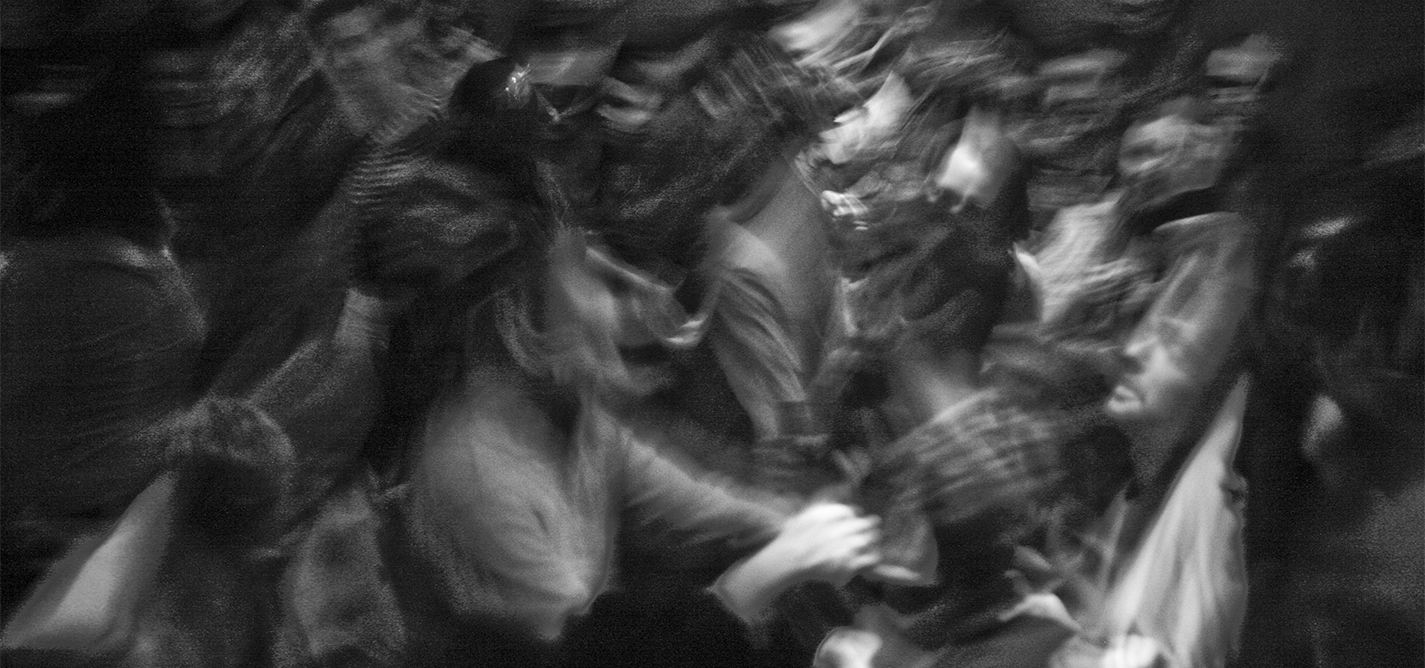
Music will save us
In Kosovo, musicians thrive in a resurgent community.

Cristina Marí
Cristina Marí is a board member of K2.0. Cristina has a bachelor’s degree in journalism from the University Complutense of Madrid in Spain and the University of Bucharest, Romania.
DISCLAIMERThe views of the writer do not necessarily reflect the views of Kosovo 2.0.
This story was originally written in English.